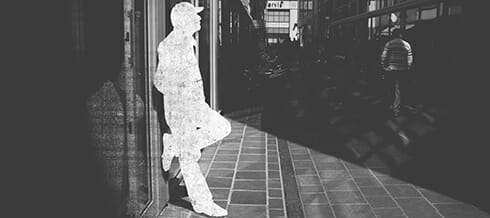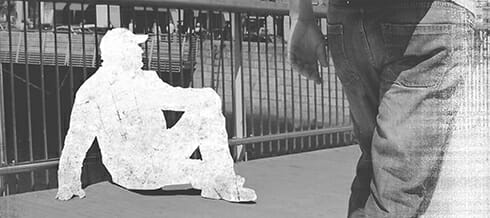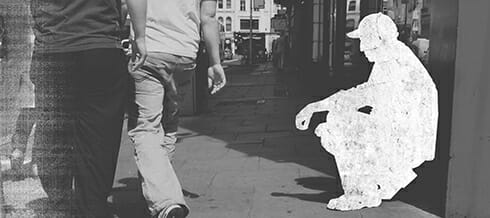People are taking ‘trays’ of street tablets at a time…
February 22, 2019
Lord Mayor launches campaign in response to street tablet use in North Inner City Dublin
Supported by the North Inner City Drug & Alcohol Task Force, Ana Liffey Drug Project has developed a local harm reduction campaign focused on tablet use (benzodiazepines, pregabalin and other tablets) for North Inner City Dublin. The Task Force collects data on drug trends from local projects on a regular basis throughout the year and the use of ‘street tablets’ had been identified as a key trend. The use of tablets bought on the streets of North Inner City Dublin is not limited to a certain type of drug, but includes a number of differently produced tablets i.e. diversion from licit markets, fake tablets and home pressed tablets.
This is backed up by feedback from people who use Ana Liffey’s services in the North Inner City – in a recent client survey almost half of the respondents reported use of unprescribed benzodiazepines in the last week; almost 1-in-4 reported use of unprescribed z-drugs; and 1-in-10 reported use of unprescribed gabapentin in the last week.
We also know that the drugs that typically come in tablet form are implicated in a significant number of drug related deaths in Ireland. For example, diazepam (a benzodiazepine) was implicated in almost one third of all poisoning deaths between 2004 and 2015, and Pregabalin-related deaths have increased greatly in recent years, from 26 deaths in 2014 to 44 in 2015.
Launching the ‘Do You Use Street Tablets’ campaign, Lord Mayor of Dublin Nial Ring said:
“I understand how drug use has shifted and changed over the years; and today we are faced with more and more prescribed and fake tablets hitting the streets of Dublin and impacting on the lives of people who use drugs…and their families. The ‘Do You Use Street Tablets’ campaign is supported by the North Inner City Drug and Alcohol Task Force and aims to provide harm reduction advice on tablet use and particularly to create awareness of the risks of ‘fake’ tablets such as ‘benzo sticks’ which are prevalent in the city and causing significant harm to individuals and communities. The campaign also tackles the issue of how to recognise and respond to a tablet overdose. We lose too many people every year – almost one per day – to drug overdose in Ireland and I am pleased to see such proactive overdose prevention work happening through the Ana Liffey’s campaign.”
Tony Duffin CEO of Ana Liffey Drug Project said,
“My sincere thanks to everyone involved with the development of this local harm reduction campaign – funders, clinicians, frontline staff and, importantly, the clients of Ana Liffey Drug Project. Without the input from our clients we simply wouldn’t know enough about who, what, why, where and when people are taking these drugs. It is their openness to working with Ana Liffey that makes these campaigns a success. Indeed, we get their feedback on the poster and fact sheet before we sign off on the content. So, I’m very proud to say that this is truly a joint effort!”
Duffin continued,
“I know it will be shocking to think that some people in Dublin’s North Inner City are taking whole trays of tablets in one go. When someone says to one of my team that they’ve taken ’benzos’ they often mean they’ve taken a blister pack, referred to on the street as a ‘tray’, of maybe 10 tablets at once. This has implications for their health and their behaviour, we must do more to respond to this and it must be pragmatic and compassionate. At this stage of drug use people aren’t choosing to use like this – they need to in order to manage their addiction.”
For more information, about the ‘Do You Use Street Tablets’ campaign, please visit aldp.ie/streettablets




